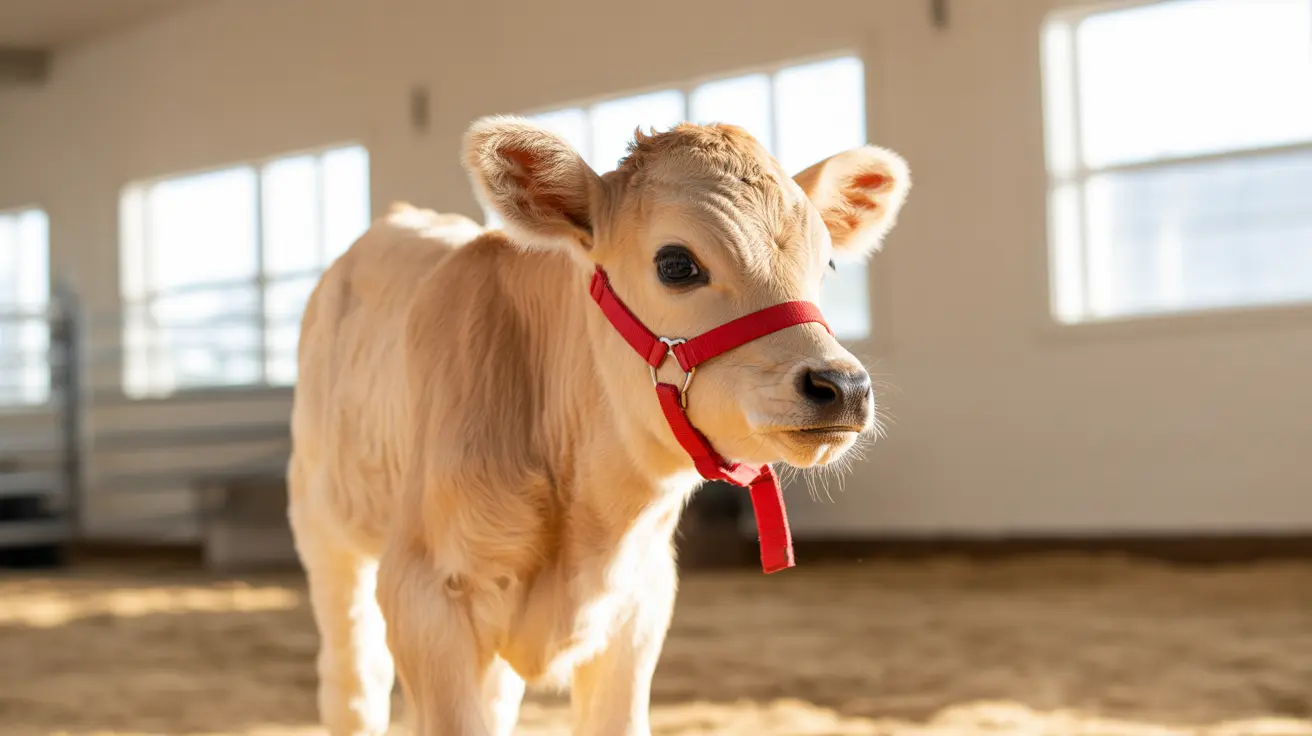Can Dawn Dish Soap Remove Skunk Smell from a Dog?
When a dog has an unfortunate encounter with a skunk, the resulting odor can be overwhelming and persistent. Skunks spray a yellowish, oily substance containing thiols and thioacetates, which cling to fur and skin, creating a smell that is notoriously difficult to eliminate. Many pet owners turn to household remedies to combat this, and one common question arises: Can Dawn dish soap remove skunk smell from a dog?
Understanding Skunk Spray
Skunk spray is a defensive mechanism that consists of sulfur-based compounds called thiols that produce a strong odor. Thioacetates are less noticeable initially but convert back to thiols when mixed with water, meaning the smell can worsen or return after washing.
Skunks are most active at dawn and dusk, often around wooded areas and under structures like sheds or decks—places dogs may explore.
Why Dawn Dish Soap Helps
Dawn dish soap alone isn't enough to completely neutralize skunk odor but plays a useful role in a proven homemade de-skunking solution. As a powerful degreaser, it breaks down the oils in the skunk spray, aiding in removal from fur and skin.
Recommended Skunk Odor Removal Formula
Veterinary and grooming experts recommend the following homemade recipe:
- 1 quart of 3% hydrogen peroxide
- 1/4 cup baking soda
- 1–2 teaspoons of Dawn dish soap
Instructions: Mix the ingredients in an open container and apply immediately to the dog’s dry coat, avoiding the eyes and mouth. Work through the fur, let it sit for 5–10 minutes, and rinse thoroughly with lukewarm water. Note: The mixture should never be stored, as it can build gas and explode in a sealed container.
Step-by-Step Post-Spray Care
- Keep the dog outside to avoid bringing the odor indoors.
- Check the dog’s eyes for signs of irritation like redness or squinting. Rinse with cool water if necessary.
- Use gloves and old clothing to protect yourself from the odor and oils.
- Apply the homemade solution or a commercial skunk remover.
- Rinse and follow with regular pet shampoo to eliminate residues.
- Dry your dog thoroughly in a warm area to prevent catching a chill.
- Sanitize any contaminated items like leashes, towels, and bedding with detergent and baking soda.
Warning Signs and When to Seek Veterinary Help
If a dog is sprayed directly in the face, symptoms may include:
- Eye redness and swelling
- Excessive drooling
- Nausea or vomiting
- Temporary vision issues
In rare cases, repeated exposure or high doses may lead to serious issues like Heinz body anemia or methemoglobinemia. Seek veterinary care if symptoms persist or worsen.
If the skunk scratched or bit your dog, consult a vet immediately, as this may pose a rabies risk.
Ineffective Remedies
- Tomato juice: Only temporarily masks the smell.
- Apple cider vinegar: Mildly helpful but not as effective as the hydrogen peroxide solution.
- Harsh chemicals: Avoid anything caustic near your pet’s eyes, ears, or mouth.
Prevention Tips
- Avoid outdoor walks near brush or wooded areas during dawn and dusk.
- Keep dogs leashed and supervised at night.
- Secure garbage and remove yard debris that may attract skunks.
- Seal access points under porches or decks.
- Consider installing motion-activated lights to deter wildlife.
Conclusion
While Dawn dish soap is not a standalone remedy, it plays a critical role when paired with hydrogen peroxide and baking soda. This safe and effective mixture helps neutralize skunk spray and restore your dog’s fresh scent faster. Prompt and thorough cleaning, combined with monitoring and precautions, ensures your dog recovers comfortably from a skunk encounter.





